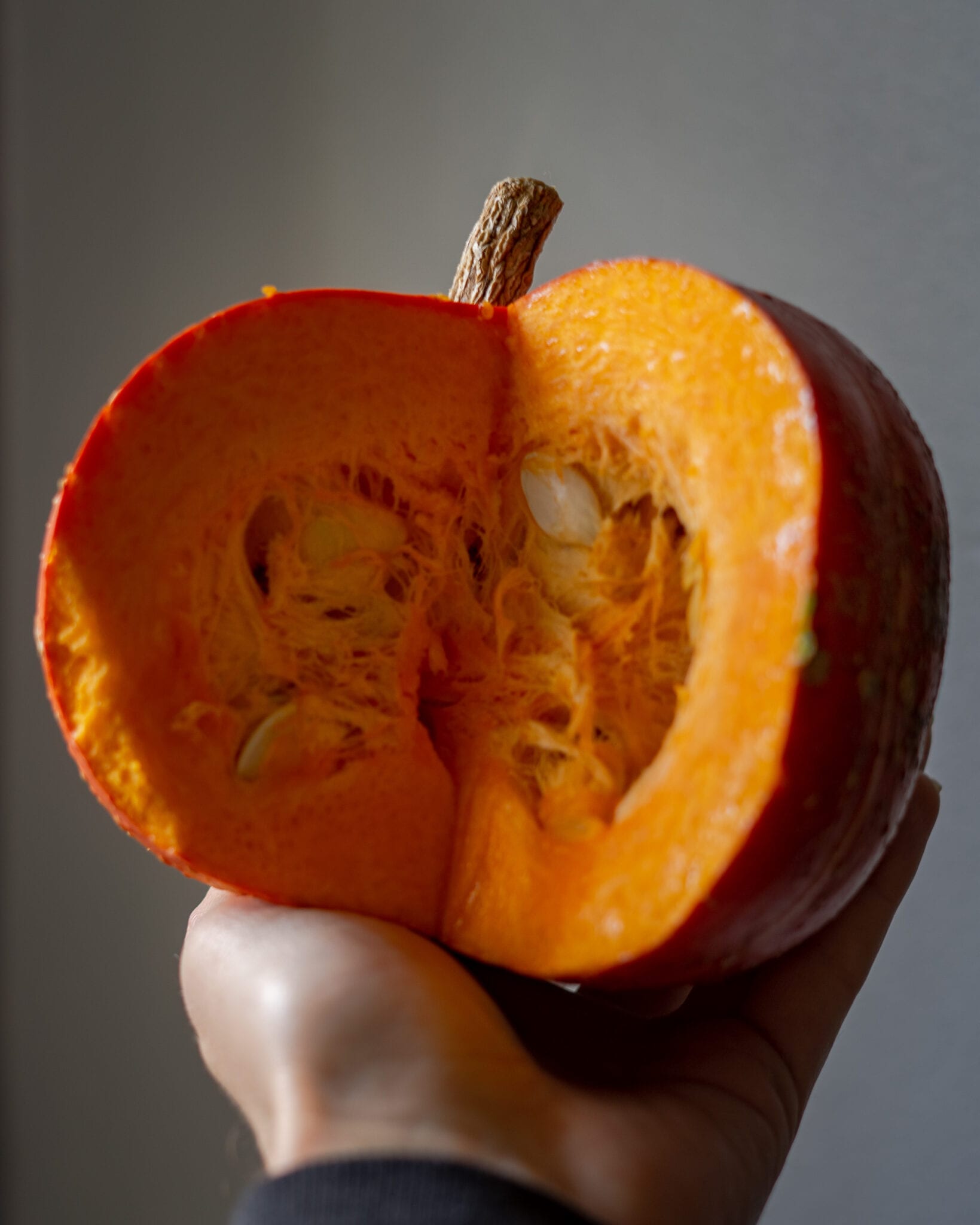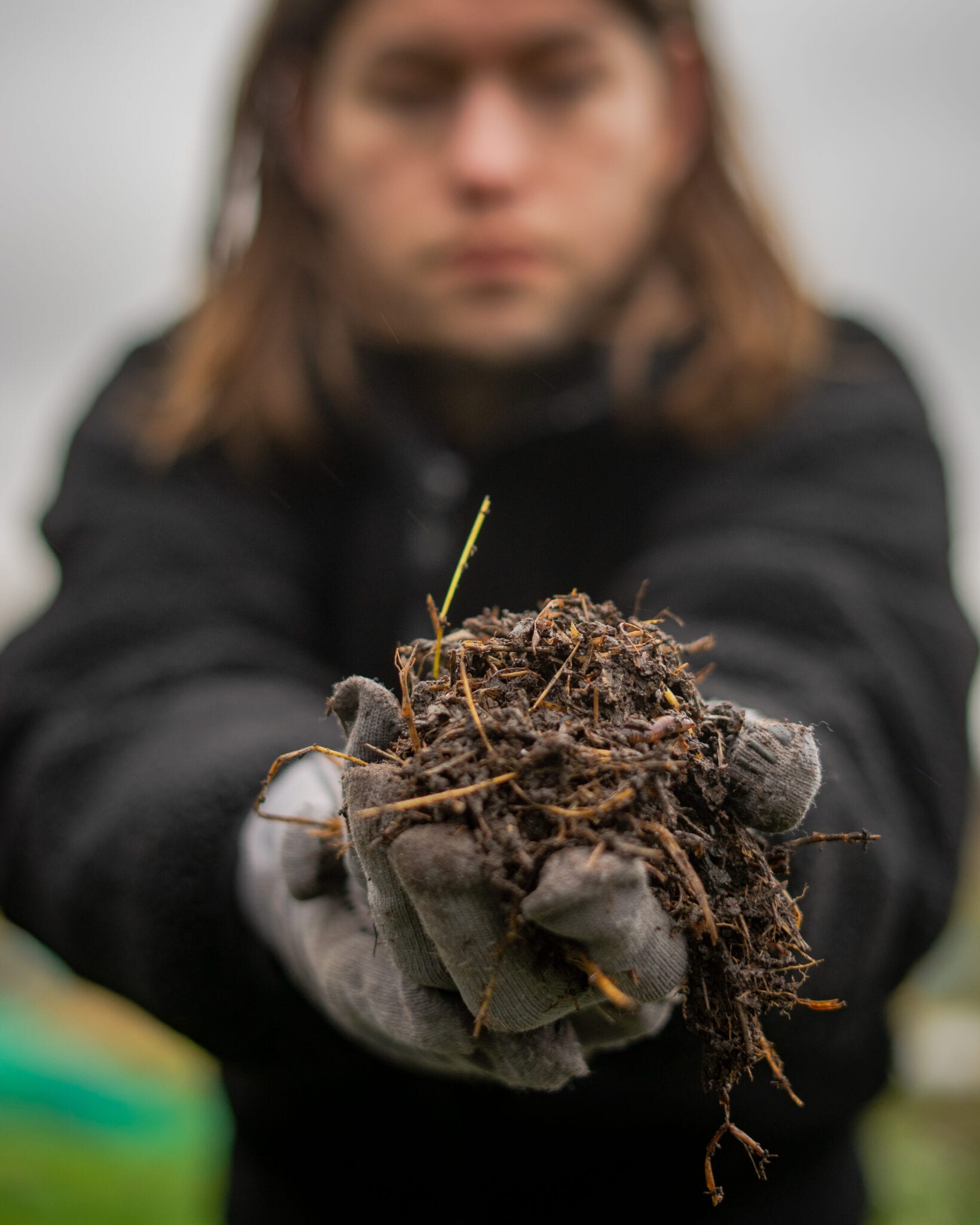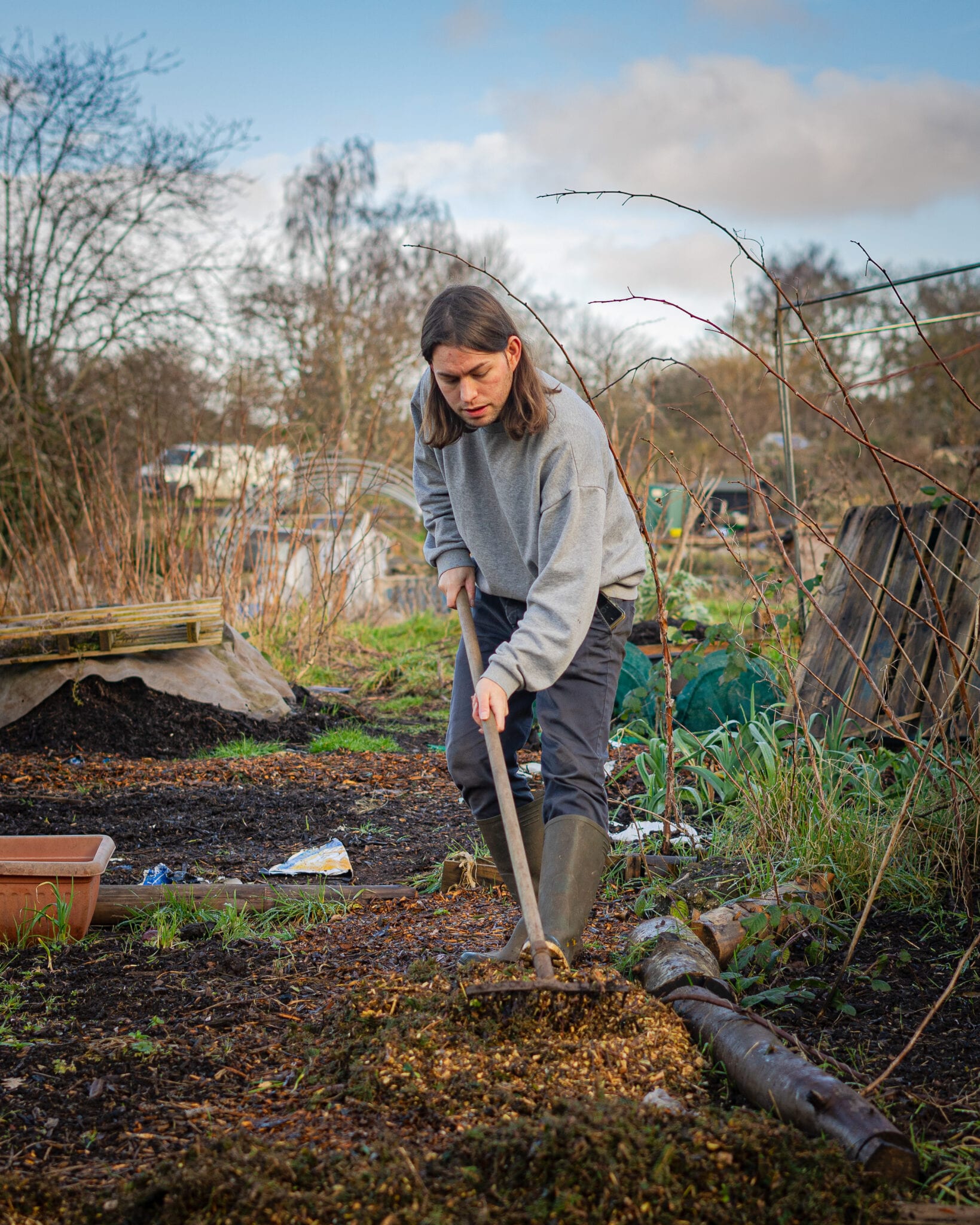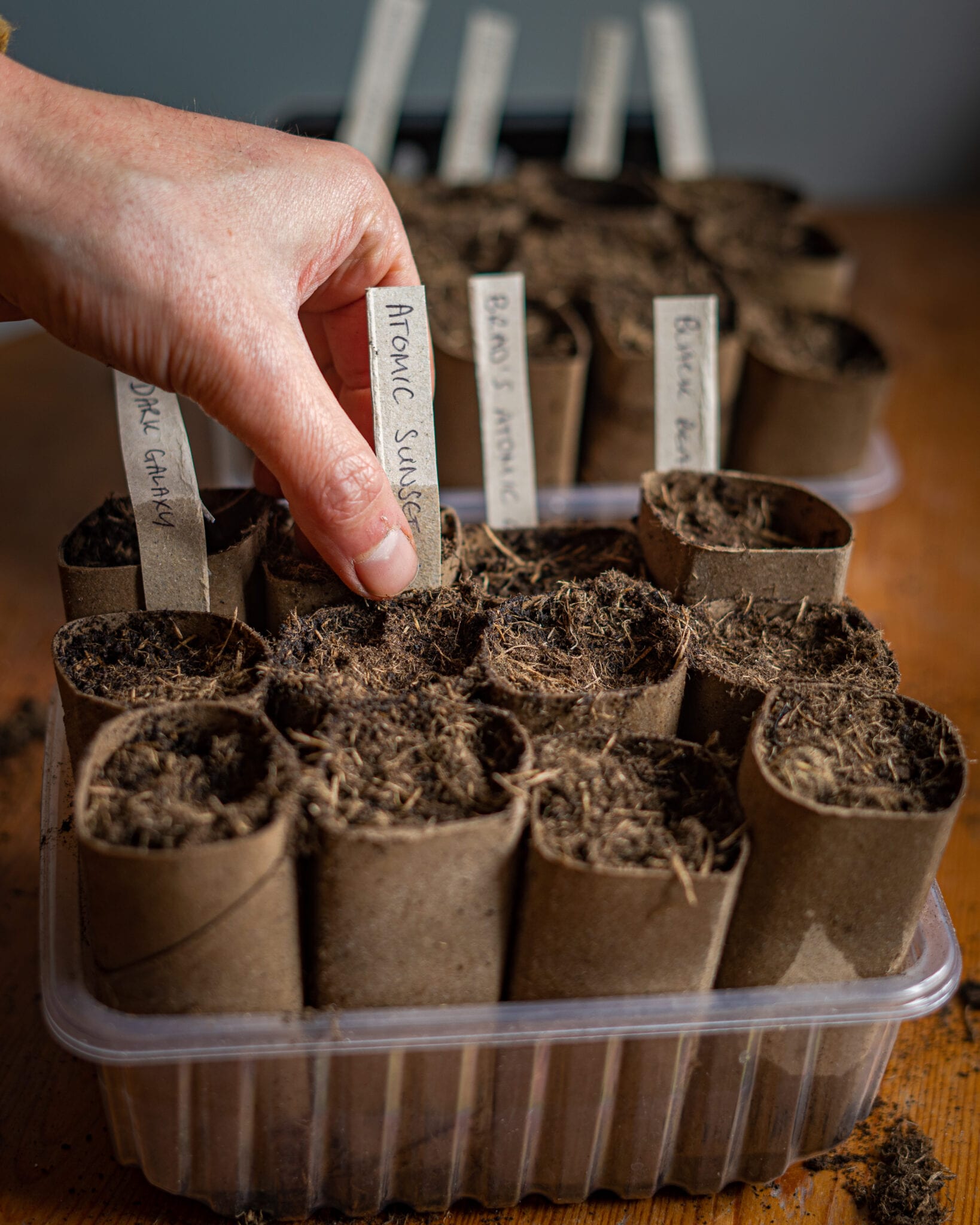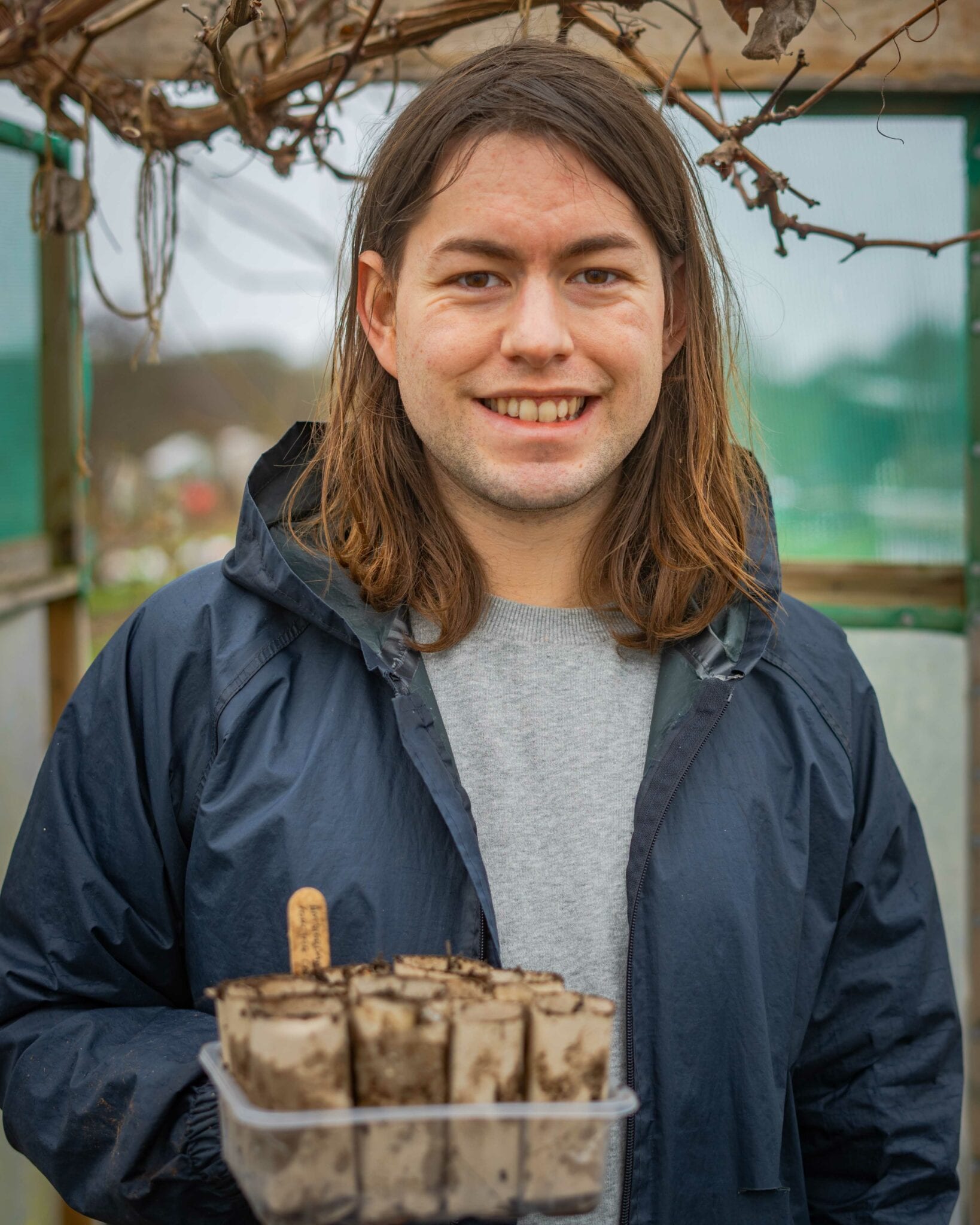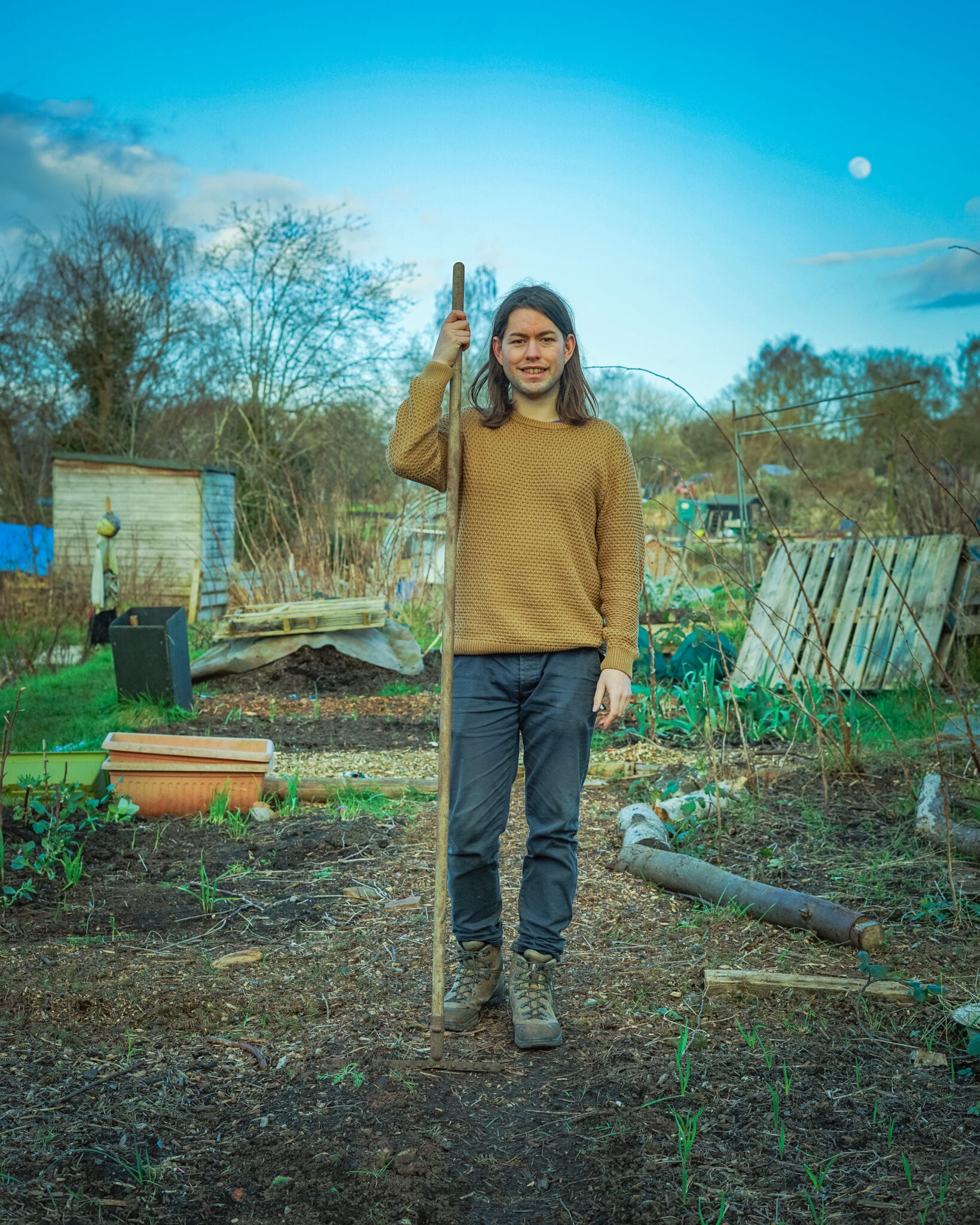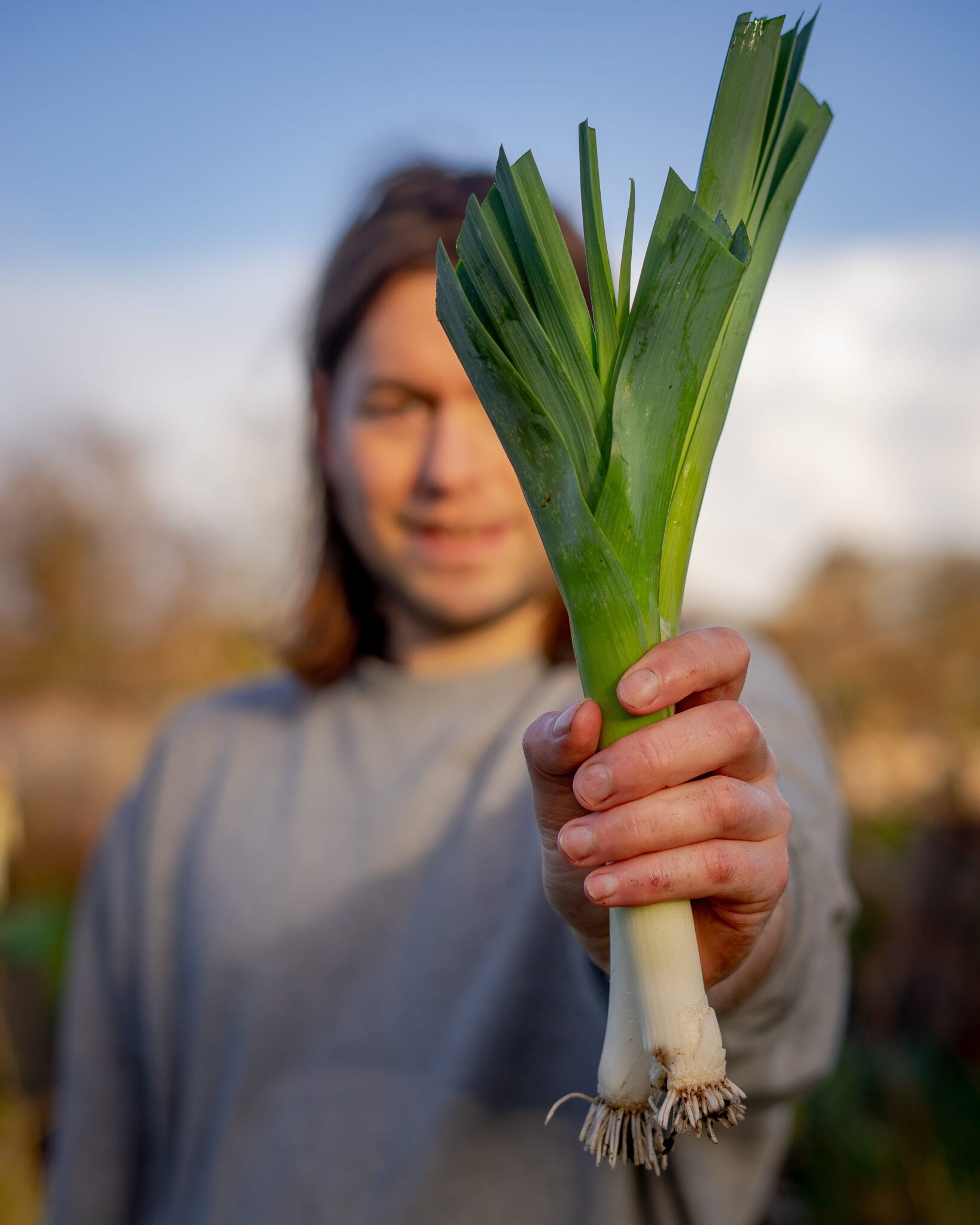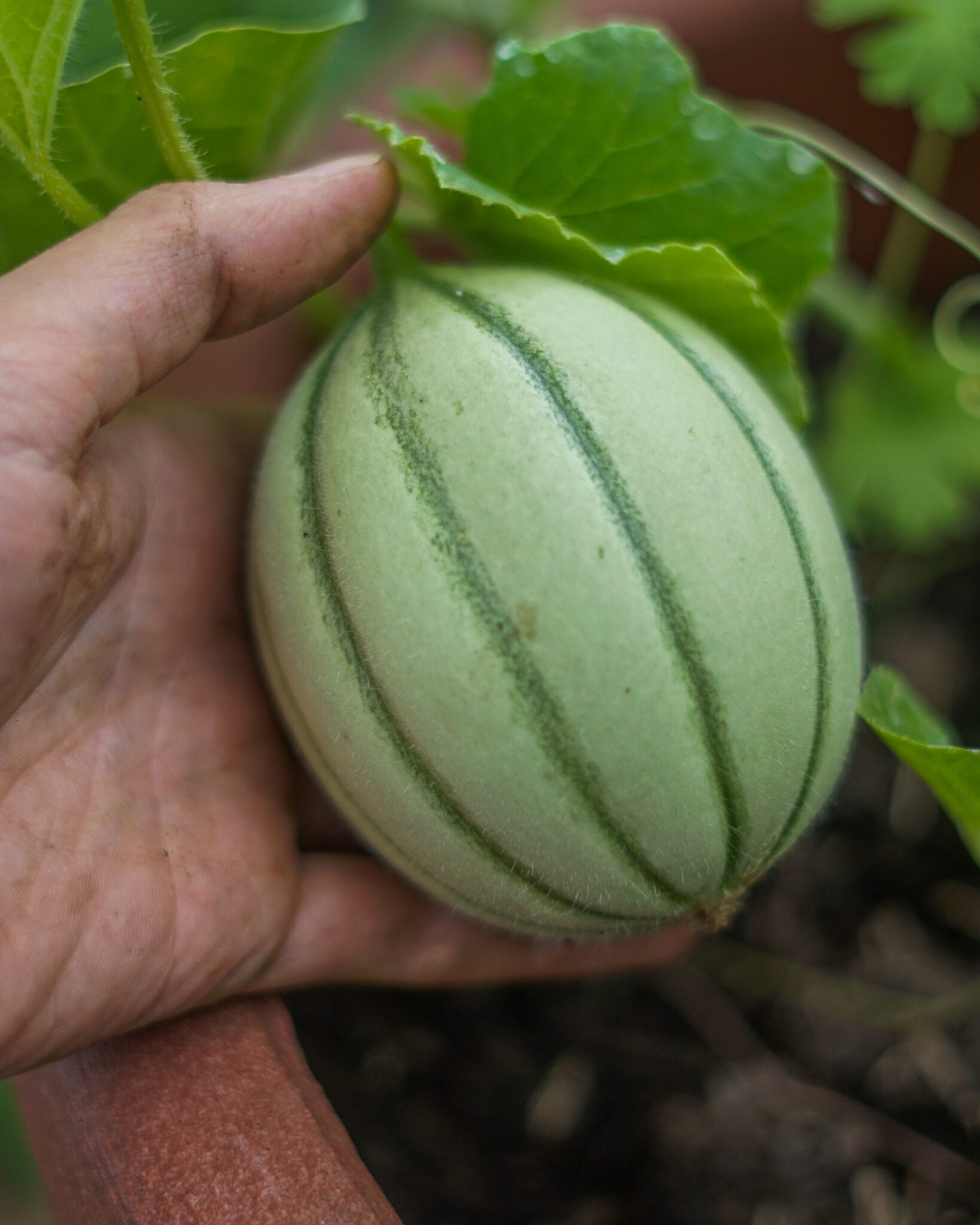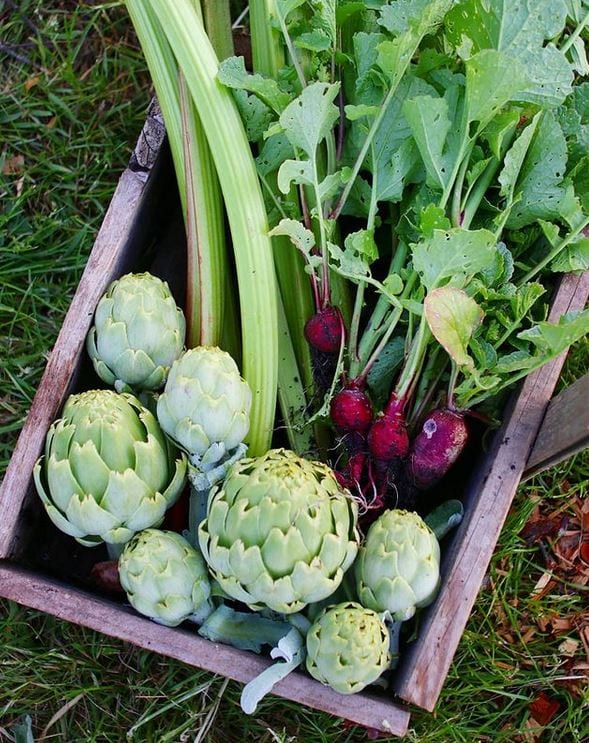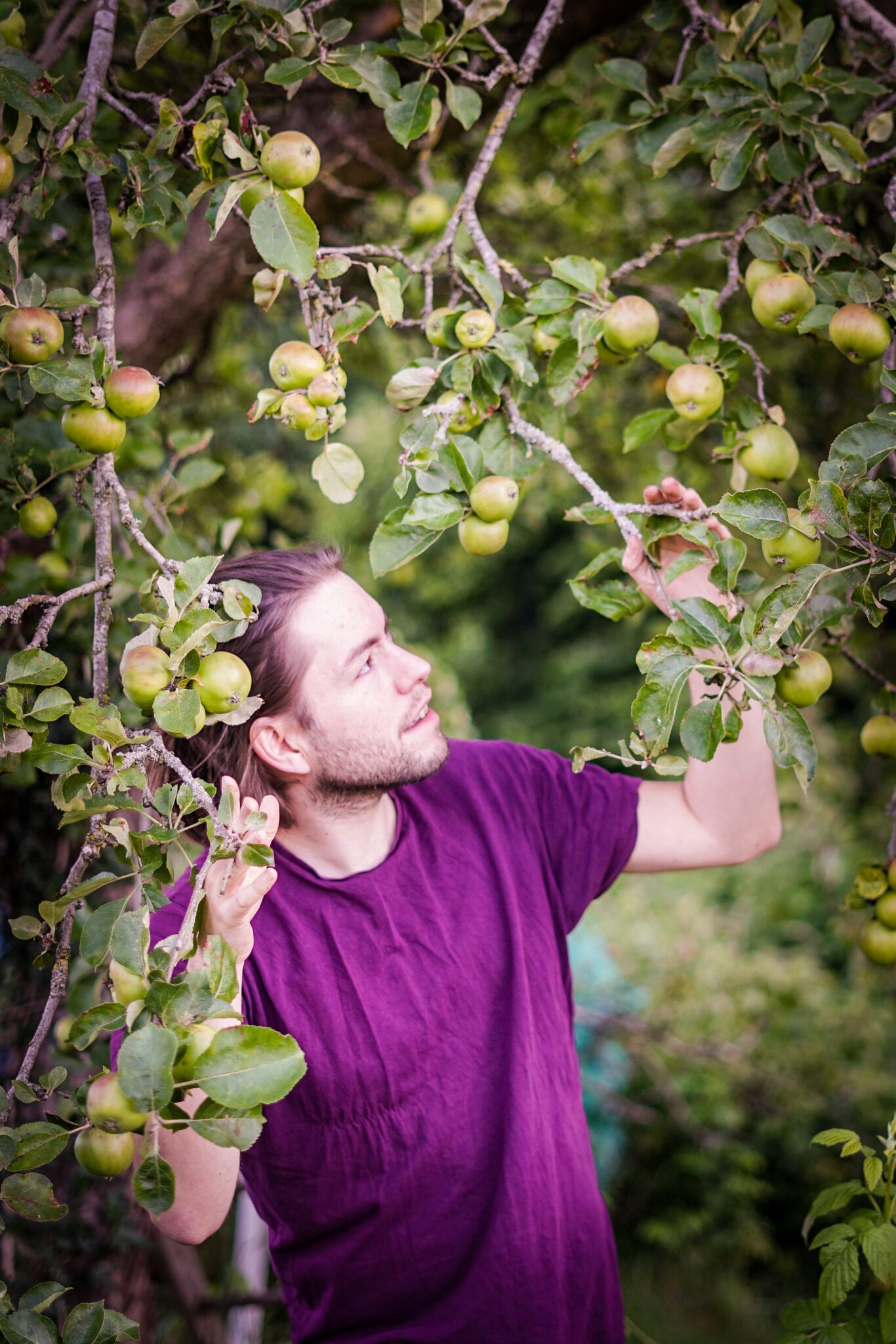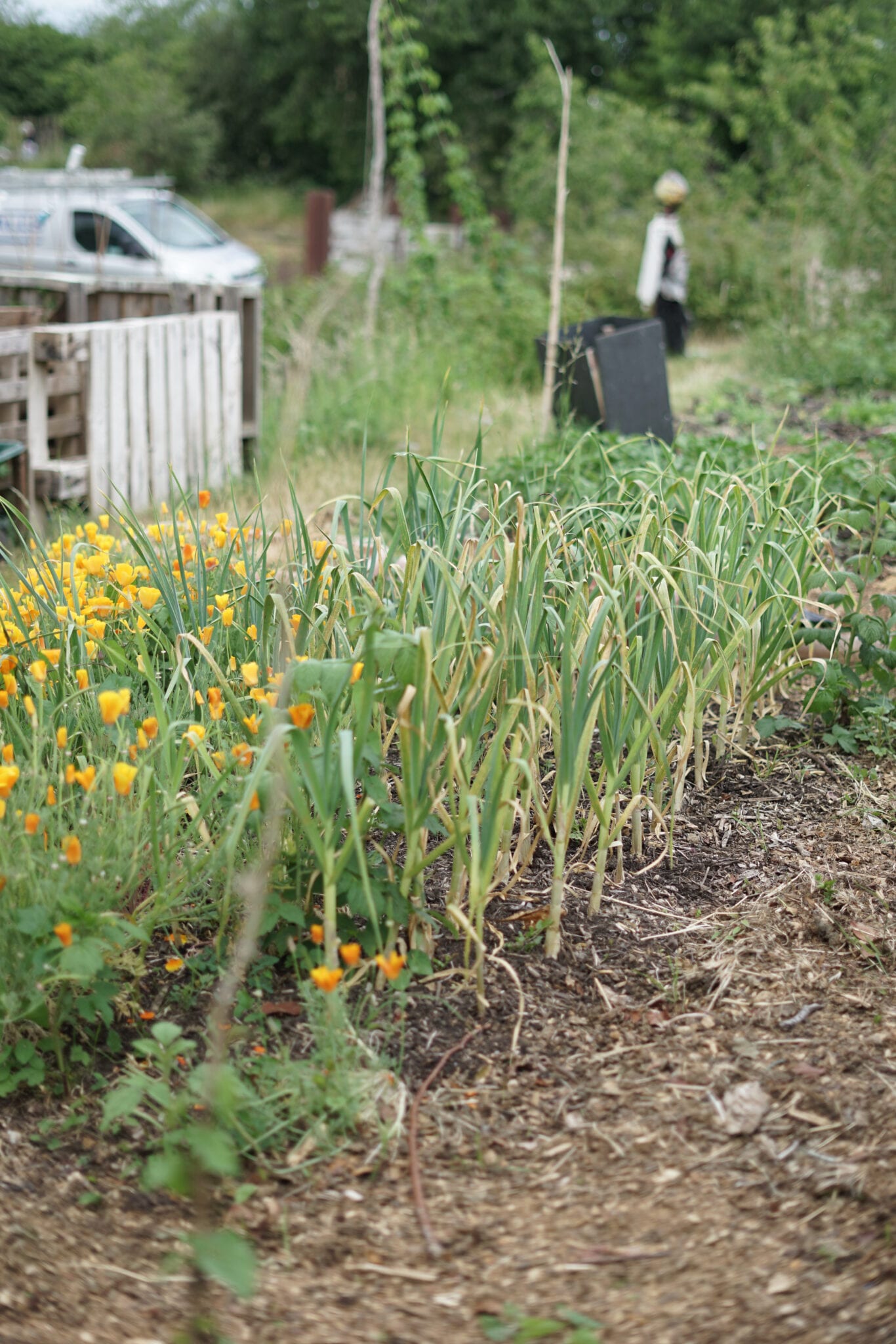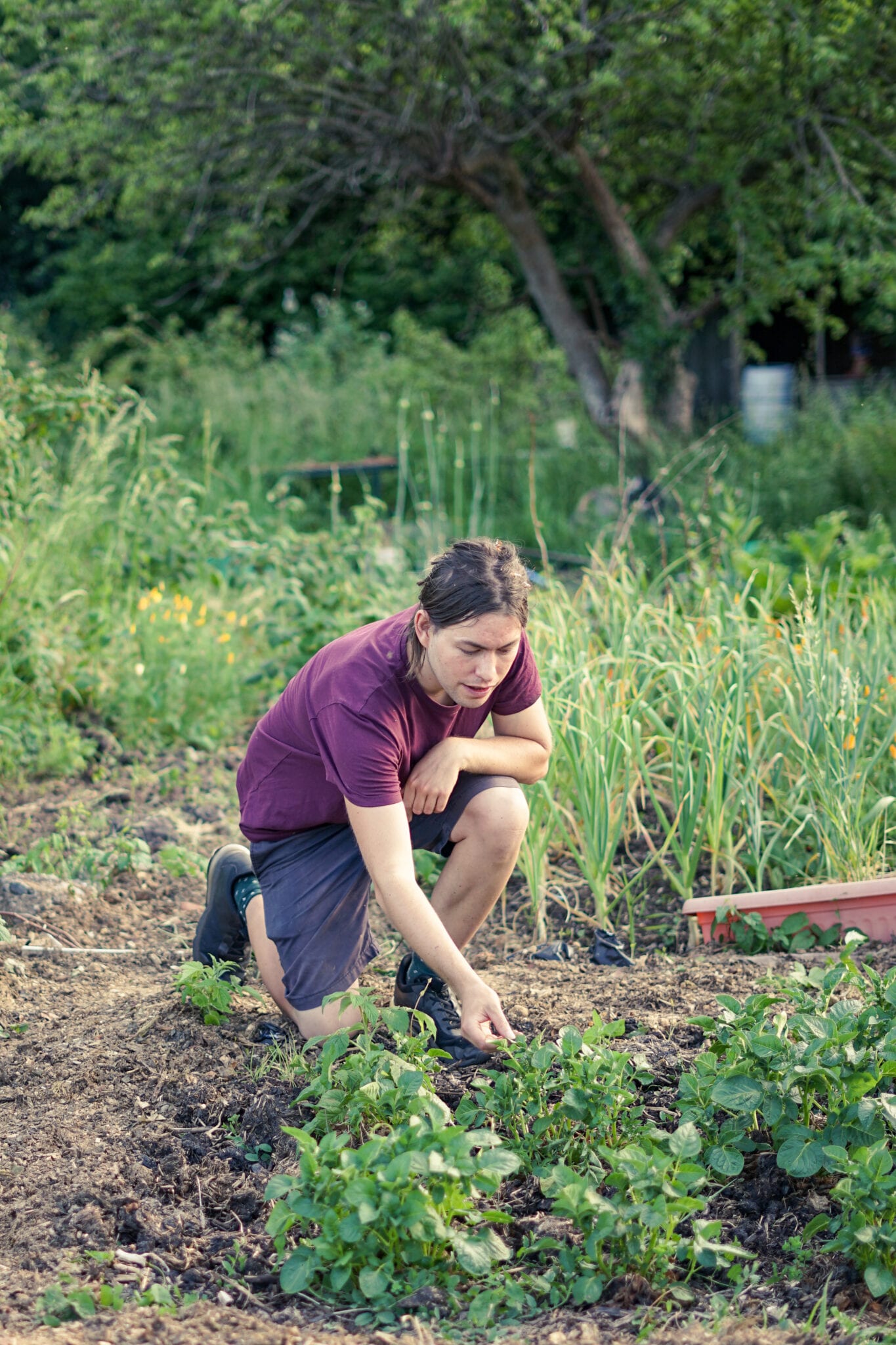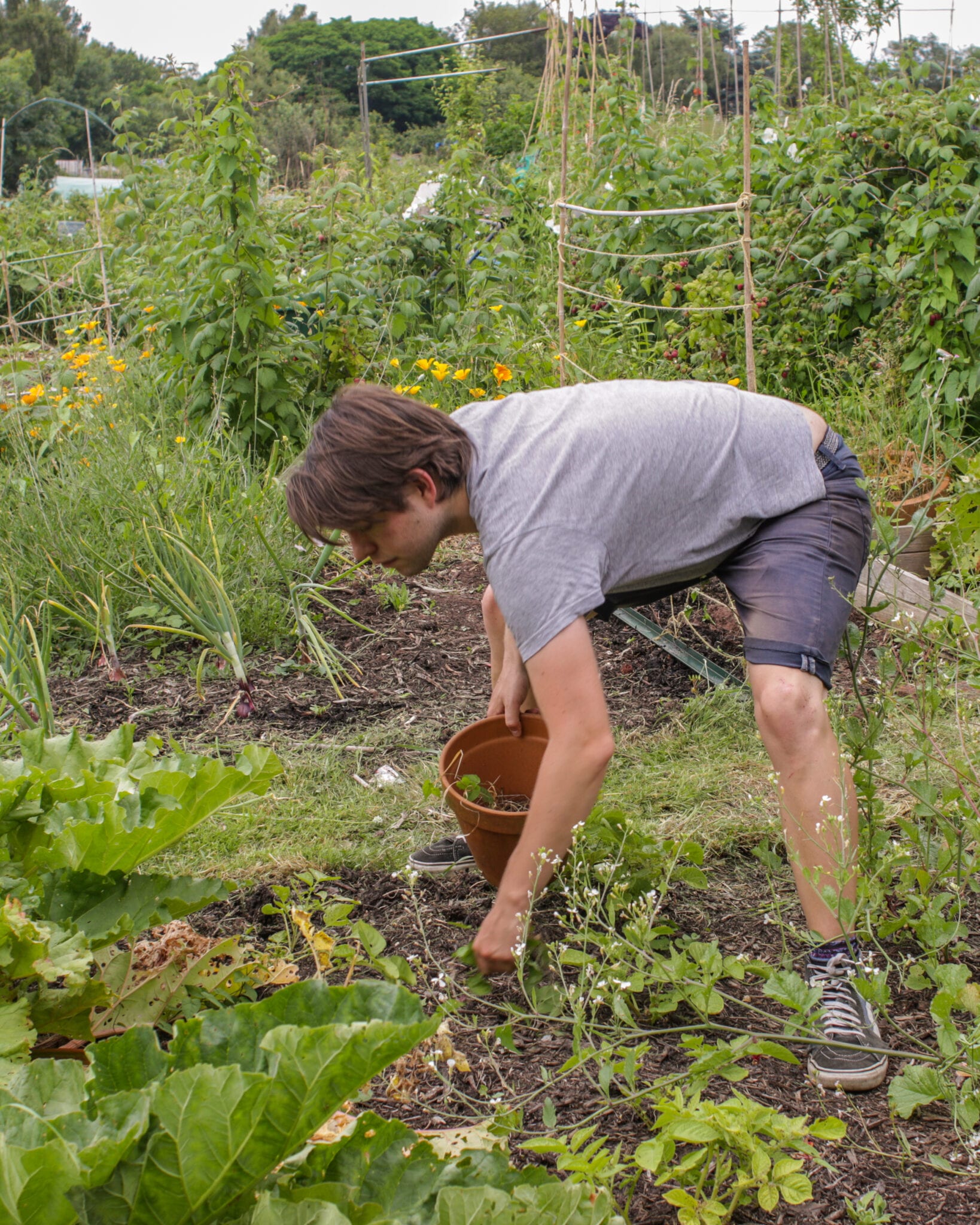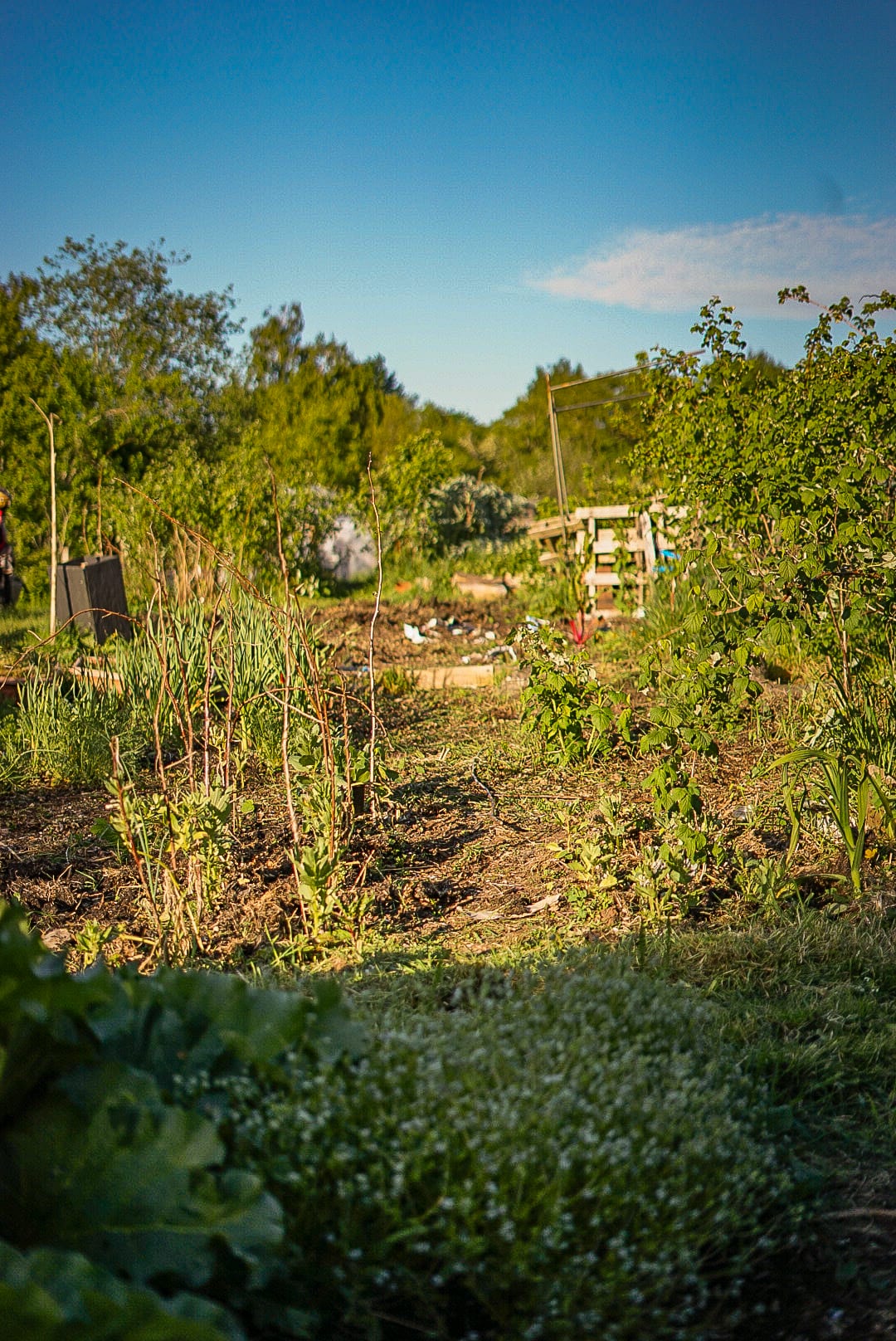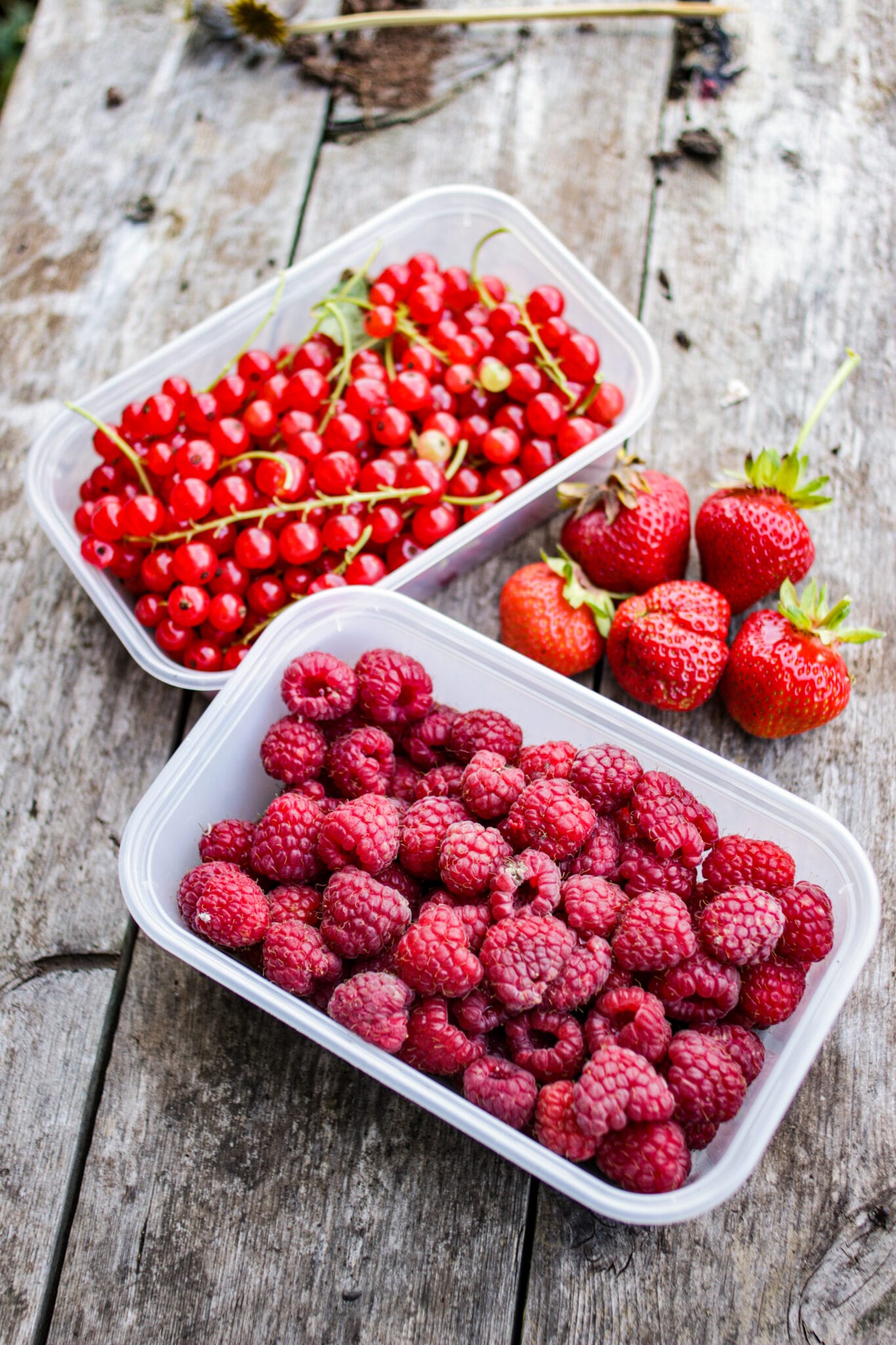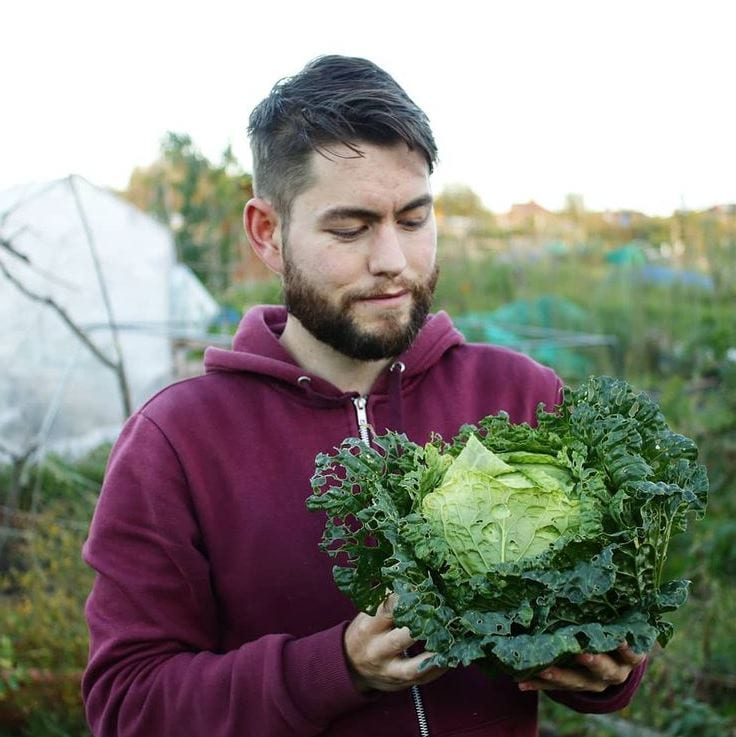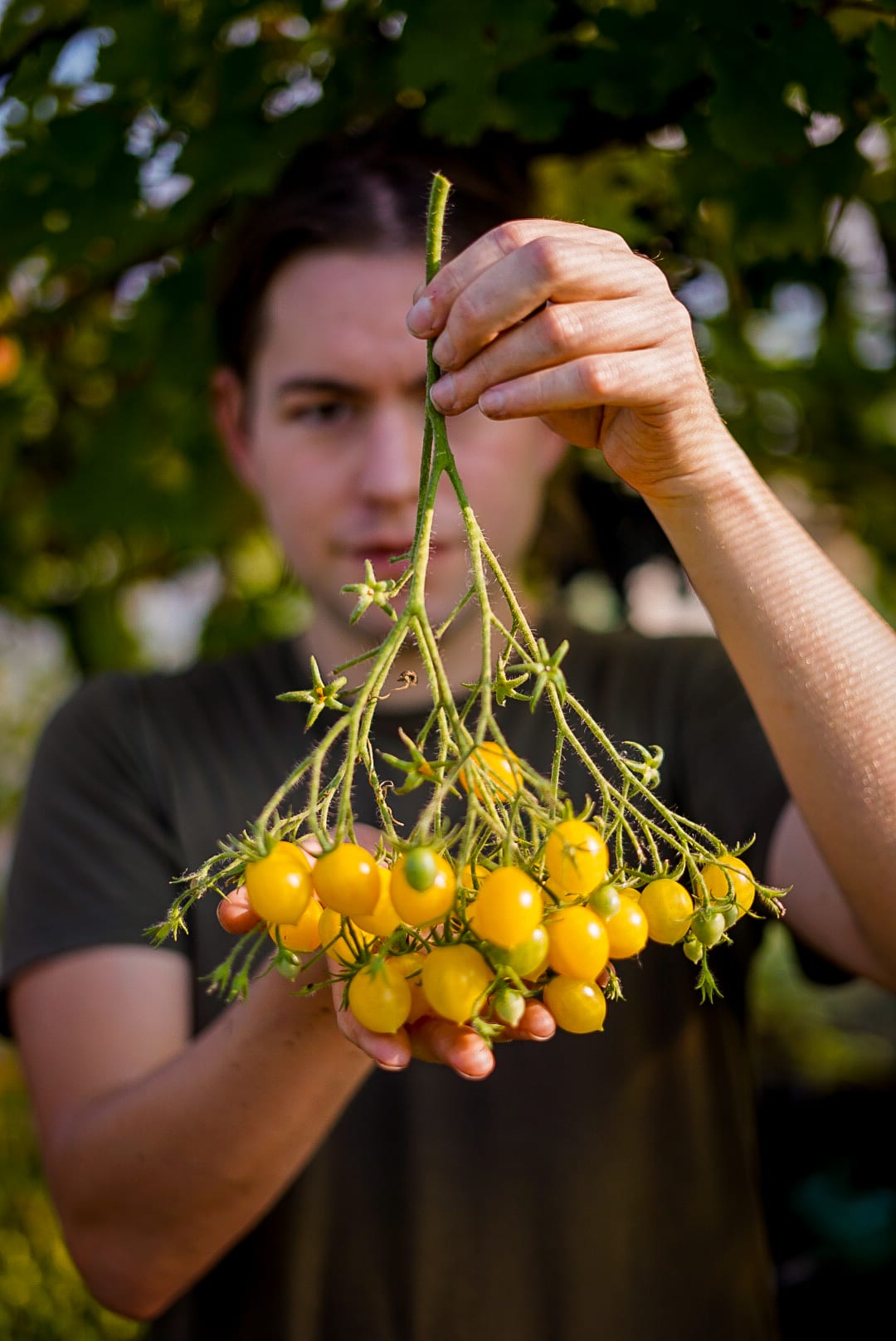
Growing Vegetables, Herbs and Fruits In an Allotment Garden
Meet David from Bristol, United Kingdom 🇬🇧
“I'm a big optimist, experimenter and observer. The garden gives me the space to do all three of these things!
My memories of my Grandma's delicious tomatoes, as well as the apple tree my Mum looked after in our garden really spurred me on to have a go myself once I moved into permanent accommodation. Successfully growing a crop of tomatoes back in 2012, the first year I started gardening, I knew I wanted to try more! Lo and behold, I got my first allotment plot and the rest is history!
Around the time I started questioning the ethics around the meat I was eating, I also began to question where my supermarket veg came from. I realized that a lot of the food I ate was coming off a production line and I stopped trusting it as much. It was around then that I picked up my first tomato seeds and began my growing journey.
My allotment plots are based in Bristol, Somerset in the South West of the UK. One is a half plot, so around 125 metres squared and the other is a full plot, so 250 metres squared. I'm hugely fortunate to work on such a big space, with a lot taken up by a very large and very old apple tree, which I love dearly!
Tomatoes and pumpkins are my absolute favourites. But I also love growing leeks, kale, peppers and about anything else I can get my hands on! The only things I haven't been won over to yet are celery and Jerusalem artichokes.
I'm a no-digger, which means that I focus on building up the layers of organic matter rather than incorporating them into the soil. It might seem counter-intuitive when you come across heavy soil – but by adding all that food, the worms and soil life will make quick work of it without the aid of a fork, and you soon have a lovely crumbly hummus to work with!
I find yeast water traps effective against slugs. My tip for dealing with rodents is to try and grow beans and peas high so that they struggle to reach.
I try and source my seeds from local cooperatives wherever I can, and I do save cloves of garlic to replant. I'm going to do much better this year, with the aim of saving all my heritage tomato seeds and even trying to save some of the squash seeds – which will require some extra preparation if I want next year's seeds to be true-to-type. I'll share out a portion of these for next year if all goes well.
Not having enough space to store produce back in my flat is the biggest challenge for me! I have a few kitchen surfaces and a freezer drawer, which makes storing tomatoes and other soft fruits quite a challenge. The way I get around it is to focus my efforts on hard-skinned vegetables and crops which can be harvested over a longer period of time. Squash, potatoes, onions, carrots and leeks are all perfect for me. But I'll keep dreaming of that chest freezer!
During the UK's lockdown it's been all about getting outside. Since turning to no-dig, I've been amazed at how healthy the garden appears, too. Lots of mushrooms popping up and plush greenery. It's wonderful catching sight of the busy bees or the beautiful butterflies. And the enjoyment you get from tasting something fresh from the garden and the variety available to you outside of supermarket produce is incredible.
We have a food bank allotment on our site which grew some brilliant crops for our local community last year. We plan on growing the project even more this year, and I'm already busy growing tomatoes and peppers for the beds. It's awesome being able to set up a space and know that by growing delicious crops, they'll be going to people who otherwise might struggle for access to good fresh food. Whilst it's by no means a solution, we can take some comfort in knowing that we are supporting people in a difficult position directly through our growing.
Even if those carrots you grew were only small, or the tomatoes didn't turn red – what you have in your hands is still a huge achievement. Through my growing journey, I've not just learnt more about how to grow my crops better but I've also learnt about the soil, about the environment around me, but ultimately – I've learnt about where my food comes from and what it takes to grow the things on my dinner plate! That's some powerful stuff.
Embrace those learning experiences because they are as important as the crops themselves!”
https://www.instagram.com/younggroundgrows/
